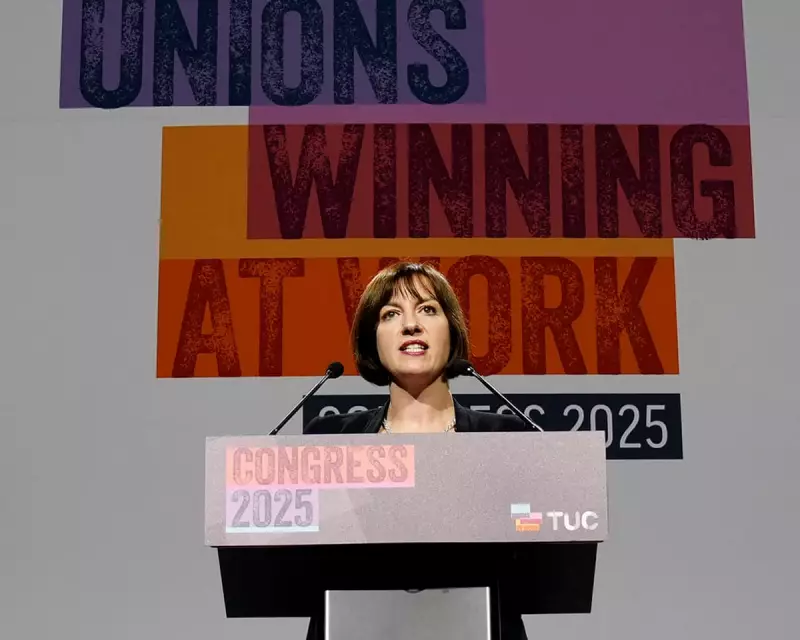
Sir Keir Starmer's Labour government is facing its first major showdown with the trade union movement, as tensions erupted into open confrontation at this week's TUC conference in Brighton. The Prime Minister's pro-business agenda has sparked fury among traditional Labour allies, creating the most significant internal challenge of his premiership to date.
A Fractured Alliance
The once-solid relationship between Labour and the unions appears to be crumbling as Starmer's administration pursues policies that union leaders describe as "a betrayal of working people." The TUC conference became a battleground where simmering frustrations boiled over into public criticism and warnings of industrial action.
Policy Clashes Escalate
Union bosses have expressed outrage over several key government decisions, including:
- Maintaining the two-child benefit cap despite pre-election promises
- Pushing ahead with controversial anti-strike legislation
- Adopting fiscal rules that limit public spending increases
- Refusing to fully renationalise key utilities as previously suggested
Union Leaders Fight Back
TUC General Secretary Paul Nowak delivered a blistering address that directly challenged Starmer's direction. "We didn't fight for a Labour government to be told to wait for change," he declared, capturing the mood of delegates who expected immediate progressive reforms after years of Conservative rule.
The conference hall echoed with demands for bolder action on workers' rights, public ownership, and social justice—issues that formed the bedrock of Labour's traditional platform but now appear compromised in government.
Starmer's Balancing Act
Downing Street insists the government remains committed to its "first steps" agenda while maintaining fiscal responsibility. Ministers argue that economic stability must precede radical reform, but this pragmatic approach has alienated the very movement that helped fund and organise Labour's election campaign.
The Prime Minister faces an impossible balancing act: maintaining market confidence while delivering on promises to core supporters. This tension threatens to define his first term and could determine whether Labour achieves the long-term governance it desperately seeks.
What Comes Next?
The TUC confrontation signals a new phase in Labour's relationship with organised labour. With union leaders promising to "hold the government's feet to the fire" and ministers refusing to budge on economic constraints, Britain appears headed for a period of increased industrial unrest and political tension.
This rift represents more than just policy disagreements—it strikes at the heart of Labour's identity and raises fundamental questions about who the party truly represents in power.





